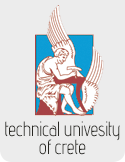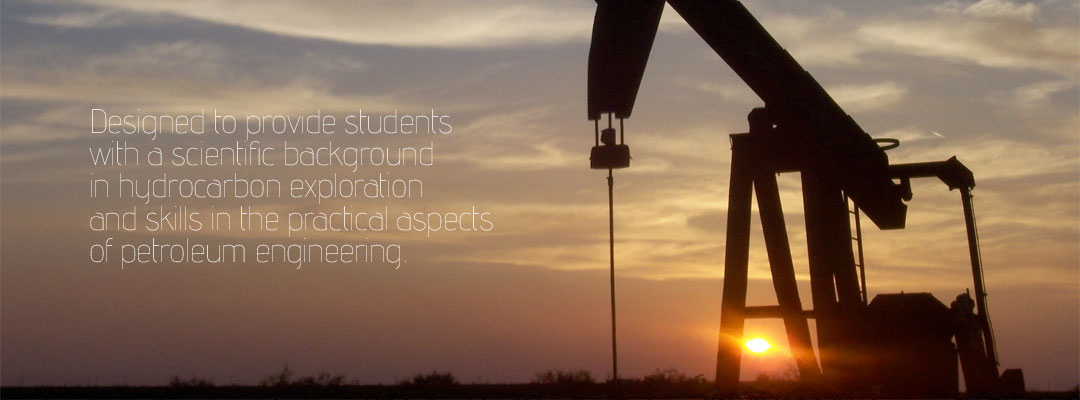Course Information
| Duration (hours) | 39 |
| ECTs | 5 |
| Practice | Simulation |
| Instructor(s) | Assist. Prof. Vassilis Gaganis, Dr. Dimitris Marinakis |
Description
This course introduces the use of statistical tools for modeling field- and production-related data. Data mining, regression, classification, clustering and geostatistical methods (variogram, kriging interpolation, simulation) are covered.
Syllabus

Petroleum Engineering postgraduate program of the Technical University of Crete is a one-year, full-time program, designed to provide students with a scientific background in hydrocarbon exploration and skills in the practical aspects of petroleum engineering. The program begins in October, and leads to a Master of Science (MSc) degree. The program is run by the School of Mineral Resources Engineering.








